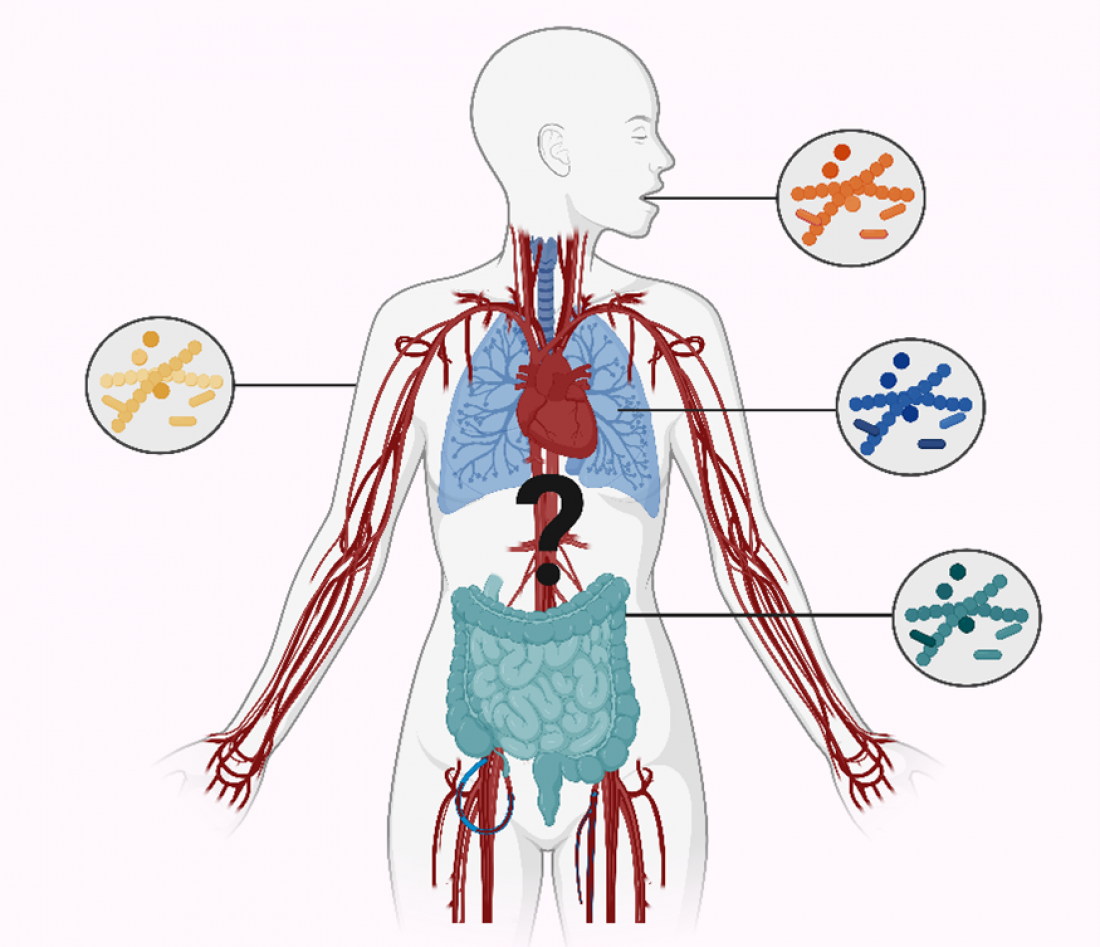Diverse microbial communities can be found in different parts of the human body including the skin, mouth, lungs and gut. However, the presence of a microbial community circulating in the bloodstream has not been conclusive—until now.
Scientists from A*STAR’s Genome Institute of Singapore (GIS) have ascertained that there is no stable microbial community residing in the bloodstream of healthy humans. This is an important discovery as blood donations are a crucial part of medical practice. Understanding the types of microbes that are found in blood could allow for the development of better microbial tests in blood donations, which would minimise the risk of transfusion-related infections. The research was published in Nature Microbiology on 31 March 2023.
Traditionally, the bloodstream of healthy individuals is understood not to contain any microbes, but recent studies have suggested the presence of a blood ‘microbiome’, which refers to a community of fungi, bacteria, and viruses in the blood.
To investigate the accuracy of these claims, scientists at A*STAR’s GIS analysed the population-scale sequencing data from “SG10K_Health”, which is the headline project of the Singapore National Precision Medicine programme (NPM Phase 1). After accounting for contamination that is rife in microbiome investigations, the team found that microbes were only rarely and sporadically detected in blood, instead of existing as communities.
The scientists also found evidence that certain bacteria in the blood of healthy individuals may have undergone recent DNA replication, suggesting that these bacteria are actively reproducing and potentially transiting through the bloodstream between body sites. Their findings suggest that live microbes do occasionally enter the bloodstream from other body sites without causing disease, but there is no core set of species colonising the blood of healthy individuals. The findings also provide a useful resource for the types of microbes that one might be expected to occasionally see in the blood of healthy humans. Characterising the range of microbial species present in the blood of healthy individuals forms a crucial baseline for comparison with that of diseased individuals, shedding light on how blood microbial profiles may correlate with health status.
Dr Niranjan Nagarajan, lead author of the study and Senior Group Leader at A*STAR’s GIS’ Laboratory of Metagenomic Technologies and Microbial Systems and Associate Director of Genome Architecture, said, “We have known for decades that microbes can invade the bloodstream and cause disease — the first report of bacteria in human blood dates back to around 1969. However, in medical practice, the blood is generally considered sterile, with transient migration of bacteria into the bloodstream, for example during daily routine activities like tooth-brushing. Over the past few years, scientists began suggesting the presence of a microbial community in blood, challenging this. Our findings refute the claims by these recent studies.”
Dr Chia Minghao, Senior Research Fellow at A*STAR’s GIS and co-supervising author of the study, remarked, "Our laboratory has a long-term experience with microbiome analyses and controlling contaminants or artefacts in sequencing data. The lab continues to explore how different fungi, bacteria and viruses co-exist peacefully at various body sites and how they play a role in shaping human health."
Prof Patrick Tan, Executive Director of A*STAR’s GIS, said, “A*STAR’s GIS has been collaborating with the SG10K_Health consortium and the National Precision Medicine office to ensure robust interpretation of the dataset. This is the largest analysis to date in the world, of microbial signatures in human blood. These findings by Dr Niranjan Nagarajan’s team is an important move toward more informed decision-making in medical therapeutics.”



